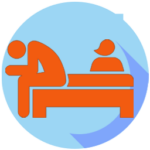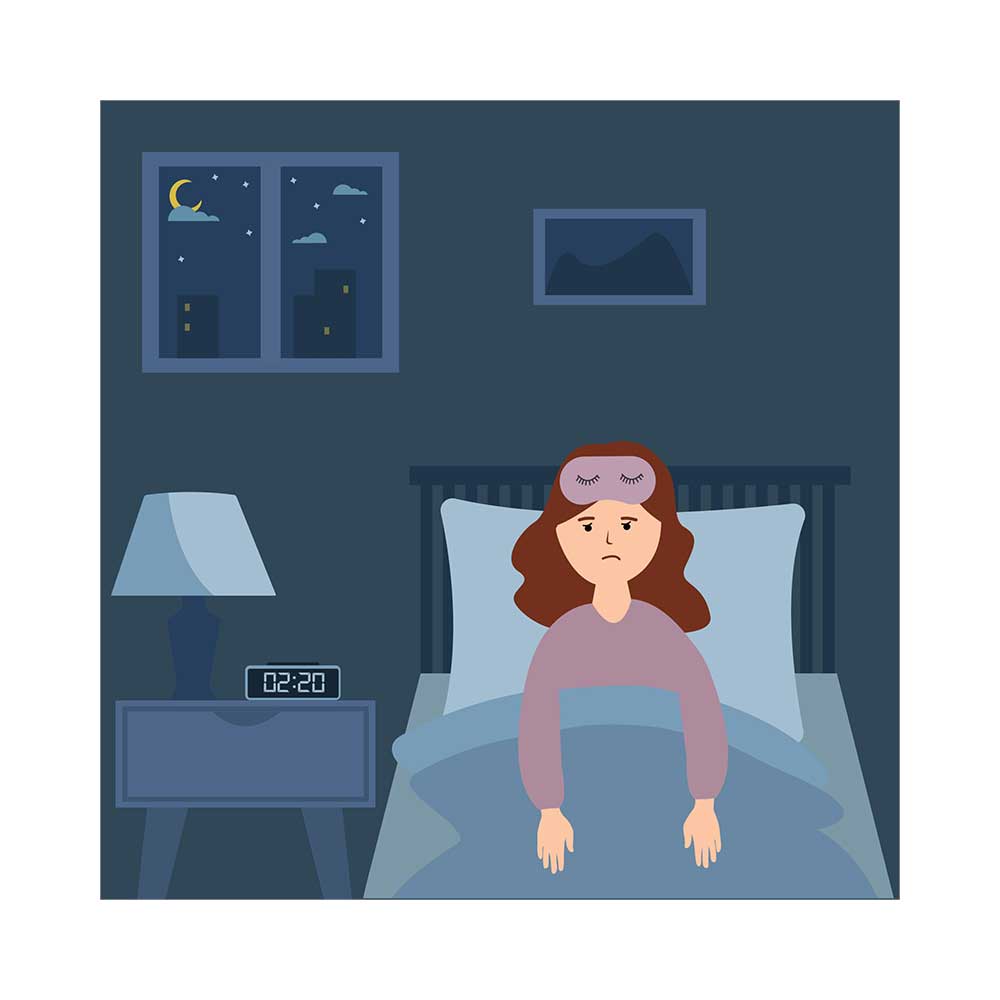Sleep disorders can significantly impact one’s overall well-being, affecting daily functioning, mood, and cognitive abilities. Among the various sleep disorders, narcolepsy stands out as a condition characterized by excessive daytime sleepiness and sudden, uncontrollable episodes of sleep. Fortunately, there are effective treatments and therapies available to manage sleep disorders and improve the quality of life for those affected.
Sleep Disorders Narcolepsy : Unveiling the Challenges of Excessive Sleepiness
Narcolepsy is a chronic neurological disorder that affects the brain’s ability to regulate sleep-wake cycles properly. One of its hallmark symptoms is excessive daytime sleepiness (EDS), where individuals experience overwhelming tiredness during the day, often leading to unexpected and involuntary naps. Apart from EDS, people with narcolepsy may also encounter other symptoms, such as cataplexy (sudden loss of muscle tone), sleep paralysis, and vivid hallucinations upon falling asleep or waking up.
The exact cause of narcolepsy is not fully understood, but it is believed to involve a combination of genetic and environmental factors. The condition typically becomes noticeable in adolescence or young adulthood, and its impact on daily life can be profound.
Treatment Approaches for Sleep Disorders
Managing sleep disorders, including narcolepsy, involves a multi-faceted approach that may include lifestyle modifications, therapy, and medication. Tailoring the treatment plan to the individual’s specific symptoms and needs is crucial for achieving optimal results.
1. Therapy for Sleep Disorders
Cognitive-behavioral therapy (CBT) for insomnia is a widely used therapeutic approach for various sleep disorders. It focuses on identifying and changing behaviors or thought patterns that may be negatively impacting sleep. CBT helps individuals develop better sleep habits and address the psychological aspects of sleep disorders, such as anxiety or stress that may contribute to insomnia.
For narcolepsy specifically, behavioral interventions like scheduled naps can be beneficial. Strategic planning of short, scheduled naps throughout the day can help manage excessive daytime sleepiness and improve alertness.
2. Medications for Sleep Disorders
Several medications are available to address the symptoms of narcolepsy and other sleep disorders. Stimulants, such as modafinil and armodafinil, are commonly prescribed to promote wakefulness and reduce daytime sleepiness. These medications work by affecting neurotransmitters in the brain, enhancing alertness and cognitive function.
In addition to stimulants, sodium oxybate, a central nervous system depressant, is used to manage cataplexy and improve nighttime sleep. It helps regulate sleep patterns and reduce the frequency of cataplexy episodes.
It’s important to note that medication management should be done under the supervision of a healthcare professional to monitor for potential side effects and ensure the most effective treatment for the individual.
3. Lifestyle Changes for Sleep Disorders
Incorporating healthy sleep habits into one’s lifestyle is fundamental for managing sleep disorders. This includes maintaining a consistent sleep schedule, creating a comfortable sleep environment, and avoiding stimulants like caffeine and nicotine close to bedtime. Regular exercise can also contribute to better sleep quality.
Living Well with Sleep Disorders: A Holistic Approach
Beyond medical interventions, individuals with sleep disorders can benefit from adopting a holistic approach to managing their condition. Support groups and counseling services provide a platform for sharing experiences and coping strategies, fostering a sense of community among those facing similar challenges.
Education and awareness play crucial roles in navigating life with a sleep disorder. Understanding the condition, its triggers, and available treatment options empower individuals to make informed decisions about their health. In some cases, adjustments in work or academic settings may be necessary to accommodate the unique needs of individuals with sleep disorders.
Conclusion: Embracing Solutions for Better Sleep
Sleep disorders, such as narcolepsy, pose significant challenges, but with the right combination of therapies, medications, and lifestyle changes, individuals can regain control over their sleep patterns and improve their overall quality of life. Seeking professional guidance and being proactive in managing sleep disorders are essential steps toward achieving restful and rejuvenating sleep. Whether through therapy, medication, or supportive communities, there are numerous resources available to help individuals navigate the complexities of sleep disorders and embrace a healthier, more fulfilling life.
If you suffer from Narcolepsy, we advise taking Generic Modvigil.












